Citroën's tiny Ami One city car concept has gone on display in the UK for the first time at the Goodwood Festival of Speed.
The Ami One, which made its public debut at the Geneva motor show earlier this year, is a two-seat show car that meets Europe’s quadricycle regulations. That means it’s less than 1.5m wide, has a top speed of 28mph and weighs less than 450kg. As a result, it could be driven without a driving licence in some countries.
The concept explores some of the issues facing makers of very small cars as consumers turn to bigger models or stop buying cars entirely.
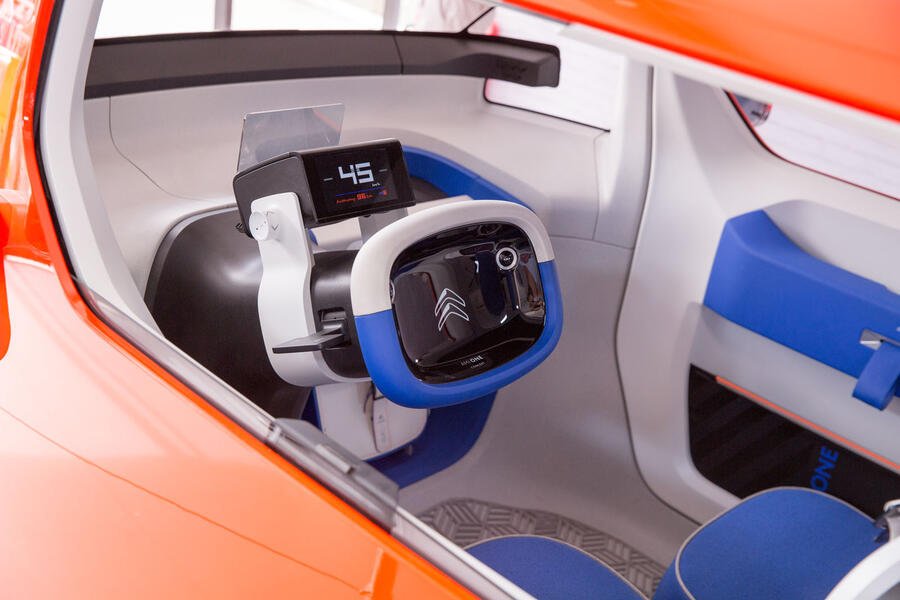
“The young are connected to use, not ownership,” said Citroën’s senior vice-president of product and strategy, Xavier Peugeot. “To me, Ami One is not a car. There are people for whom mobility is not an object.”
The Ami One is intended to be a vehicle whose use would be shared at least as much as it’s privately owned, so it is built simply and cheaply and to be tough.
“The materials are all chosen for durability,” said Frédéric Duvernier, Citroën’s head of concept cars, who led the design of the Ami One.
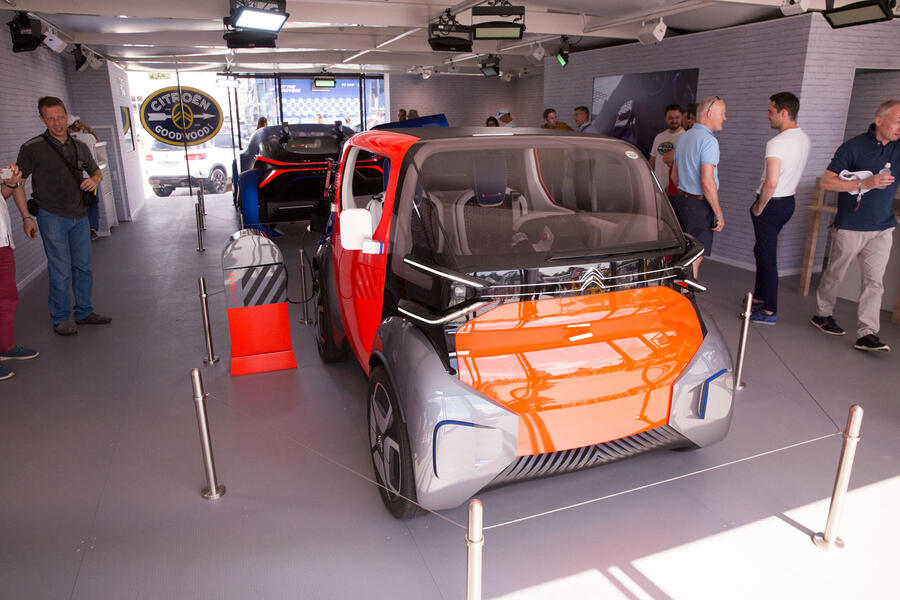
To cut production costs, there’s a huge reduction in the number of components required to make the Ami One. The front and rear windows are different but otherwise body panels are common across sides wherever possible.
Both doors are the same, so the driver’s door is rear-hinged, the passenger side conventional; the orange panels below the windscreen and rear window are common; the chevron-ribbed sills are common across four sides; and every wheel arch is an identical moulding. Exterior badging is all by decal and the rear lights use only two LEDs apiece.

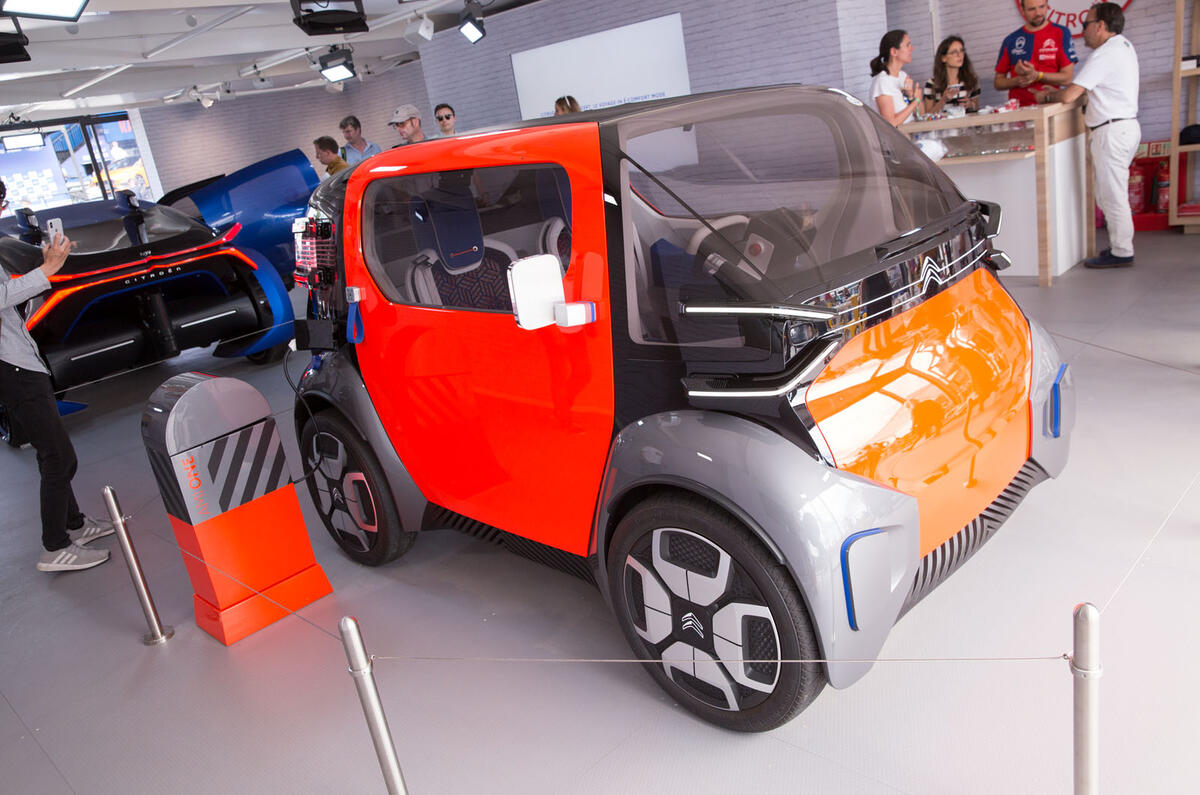
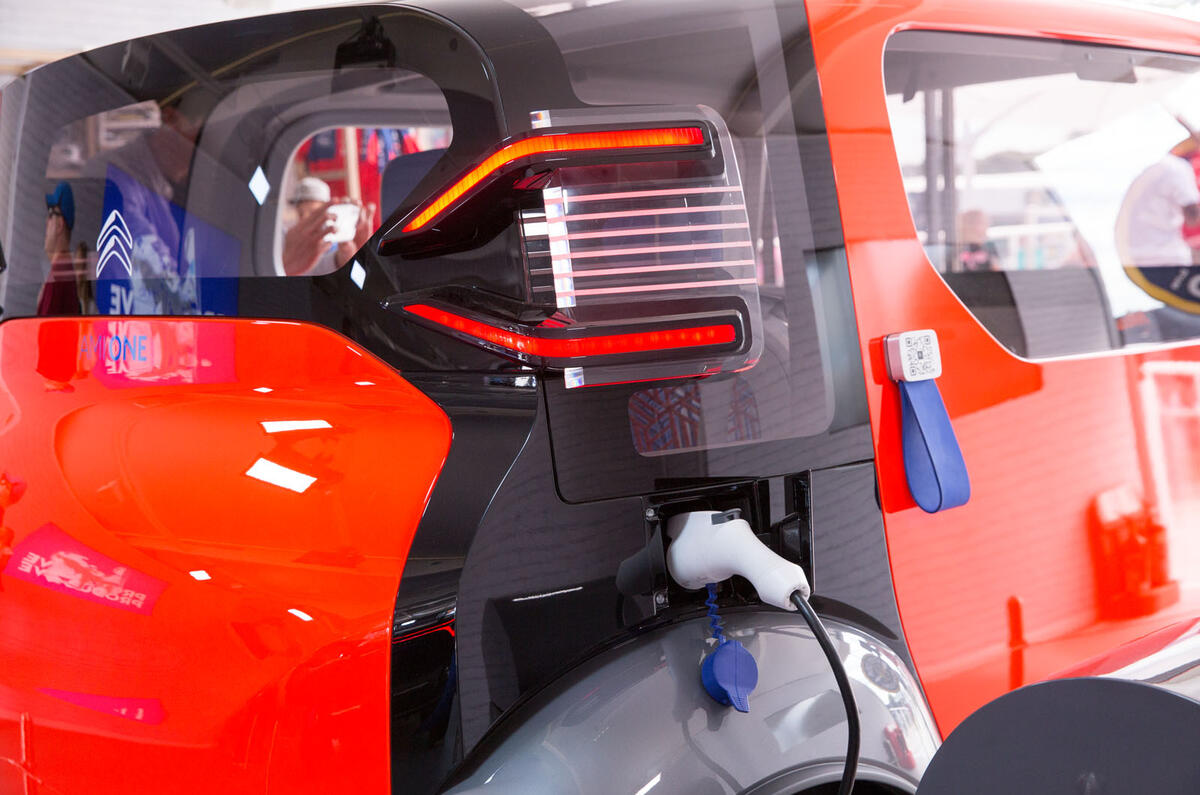
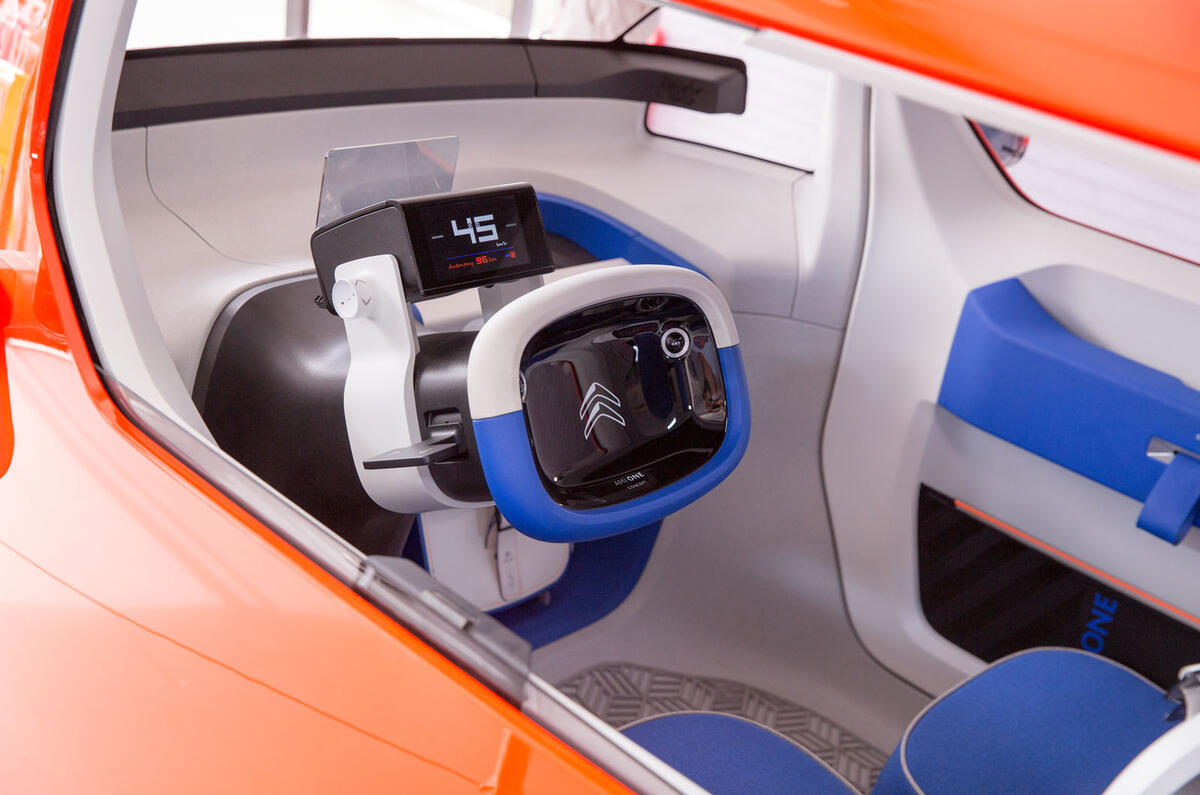
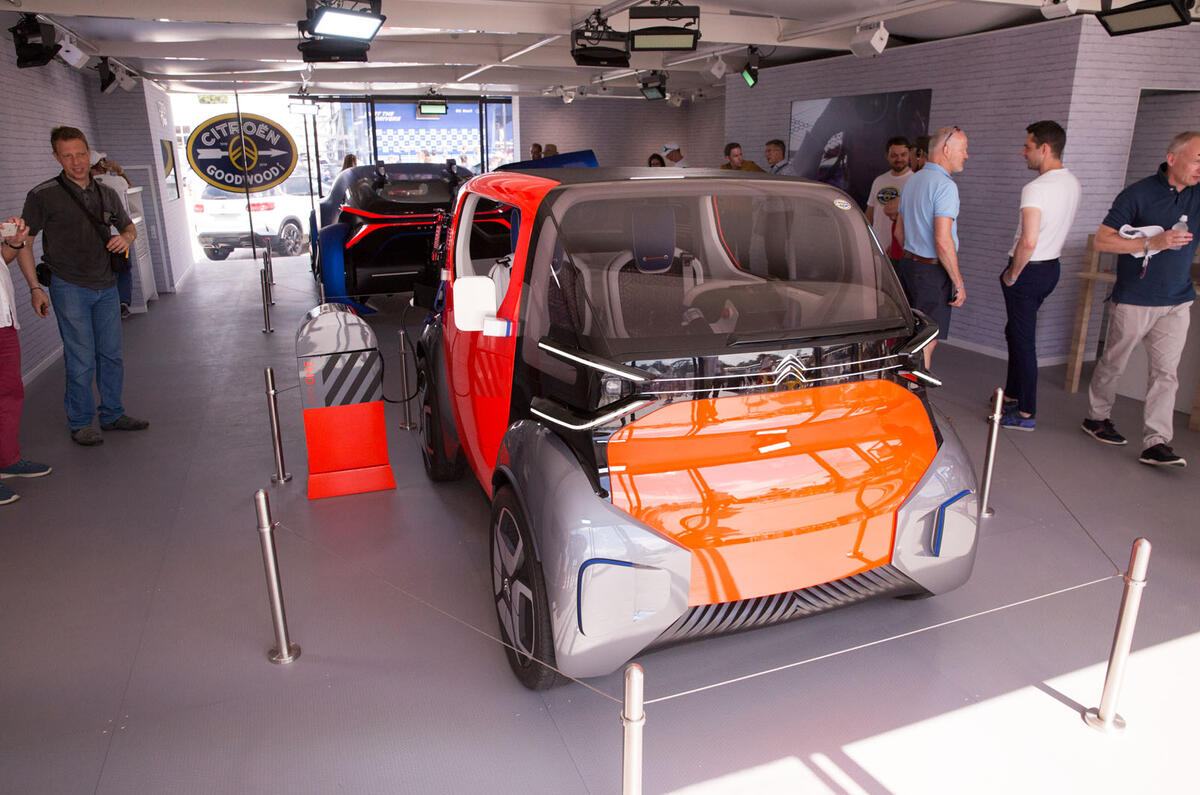
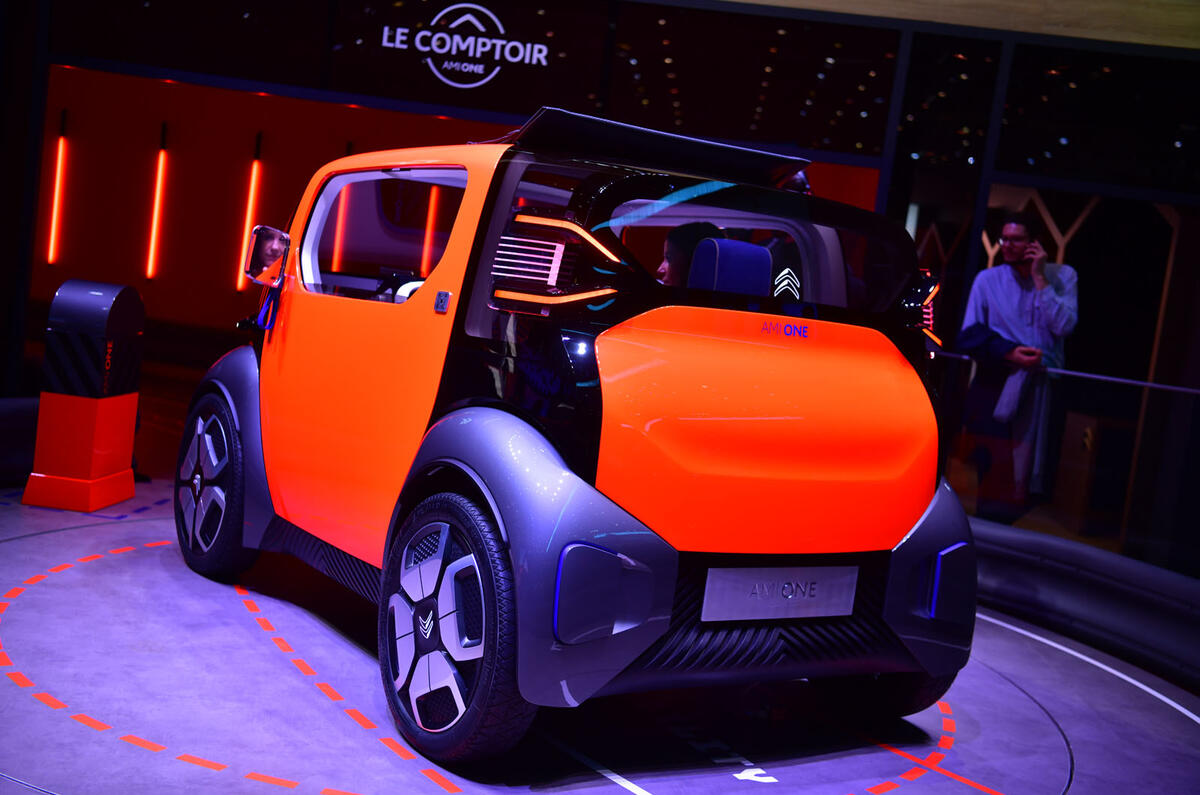
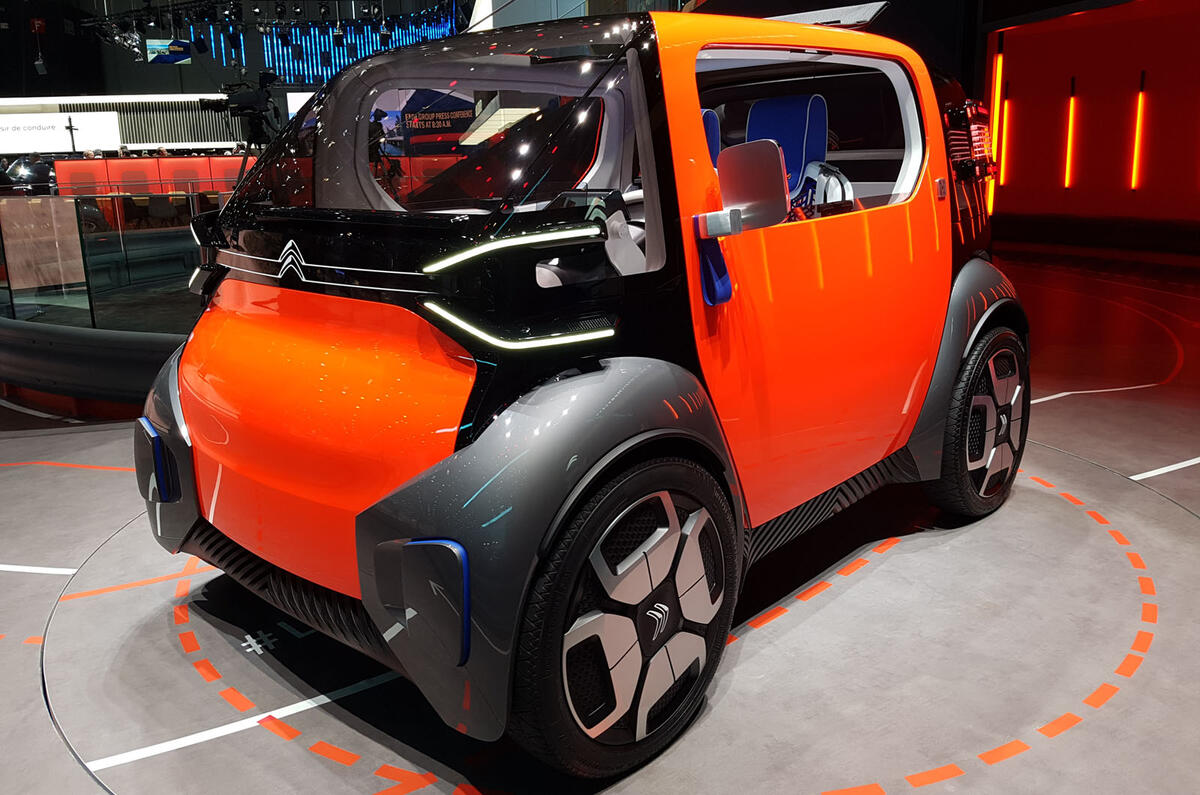
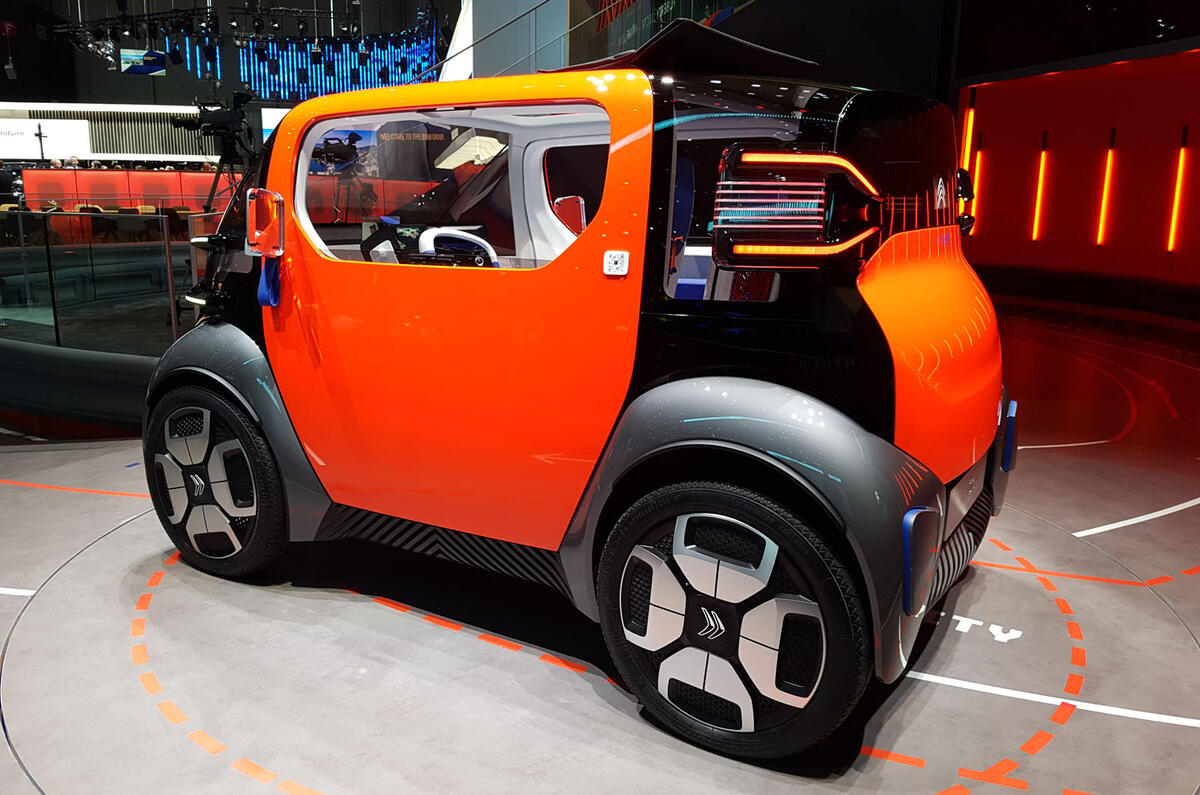
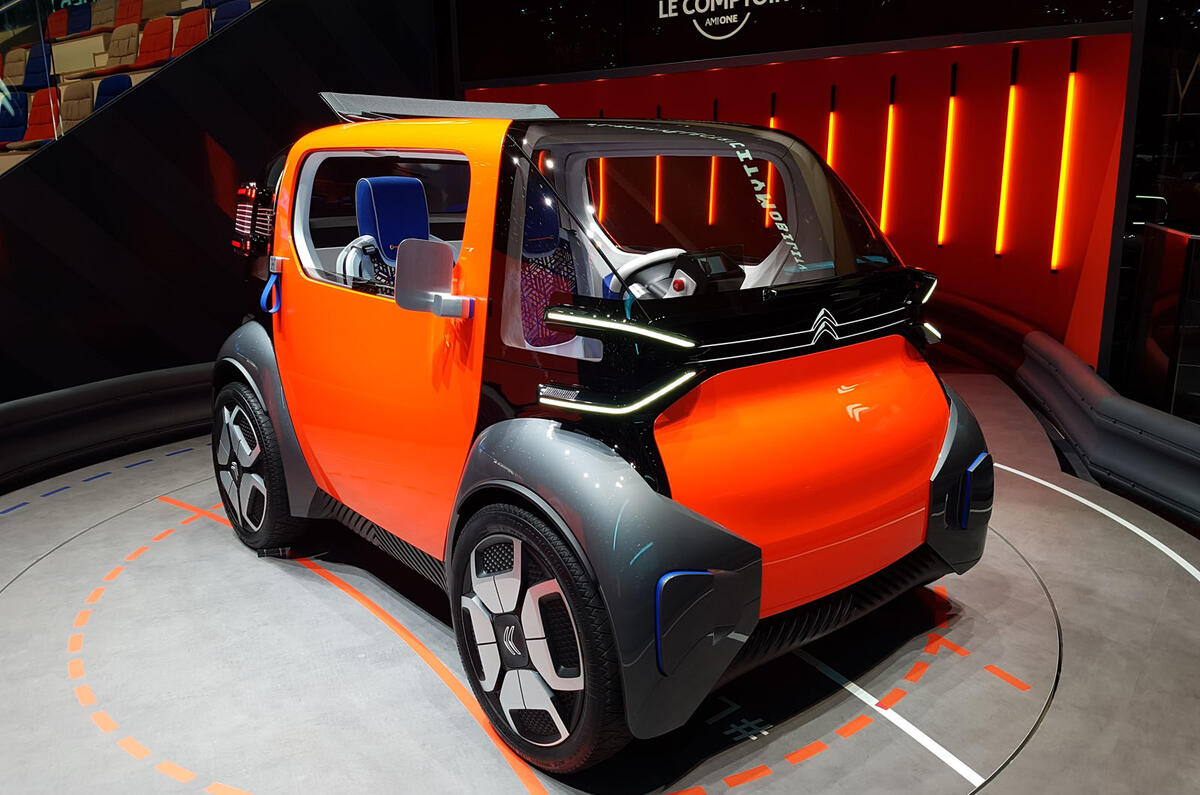
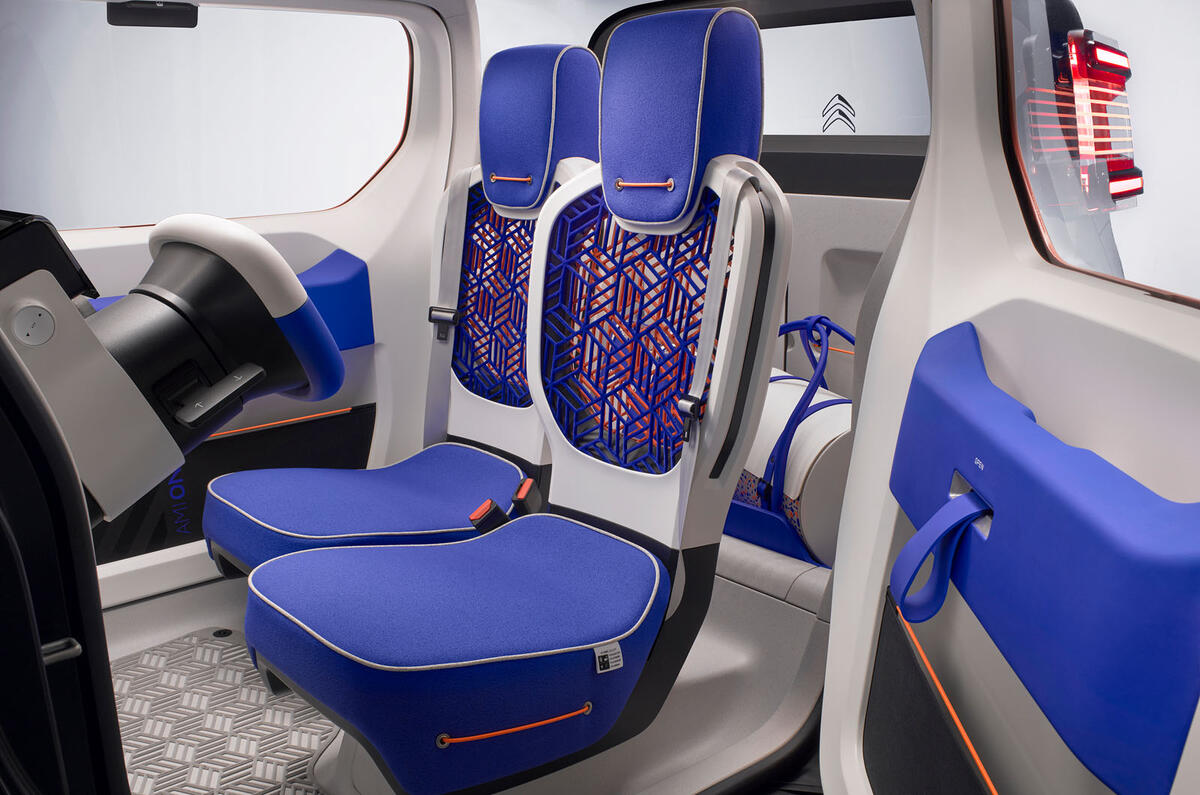
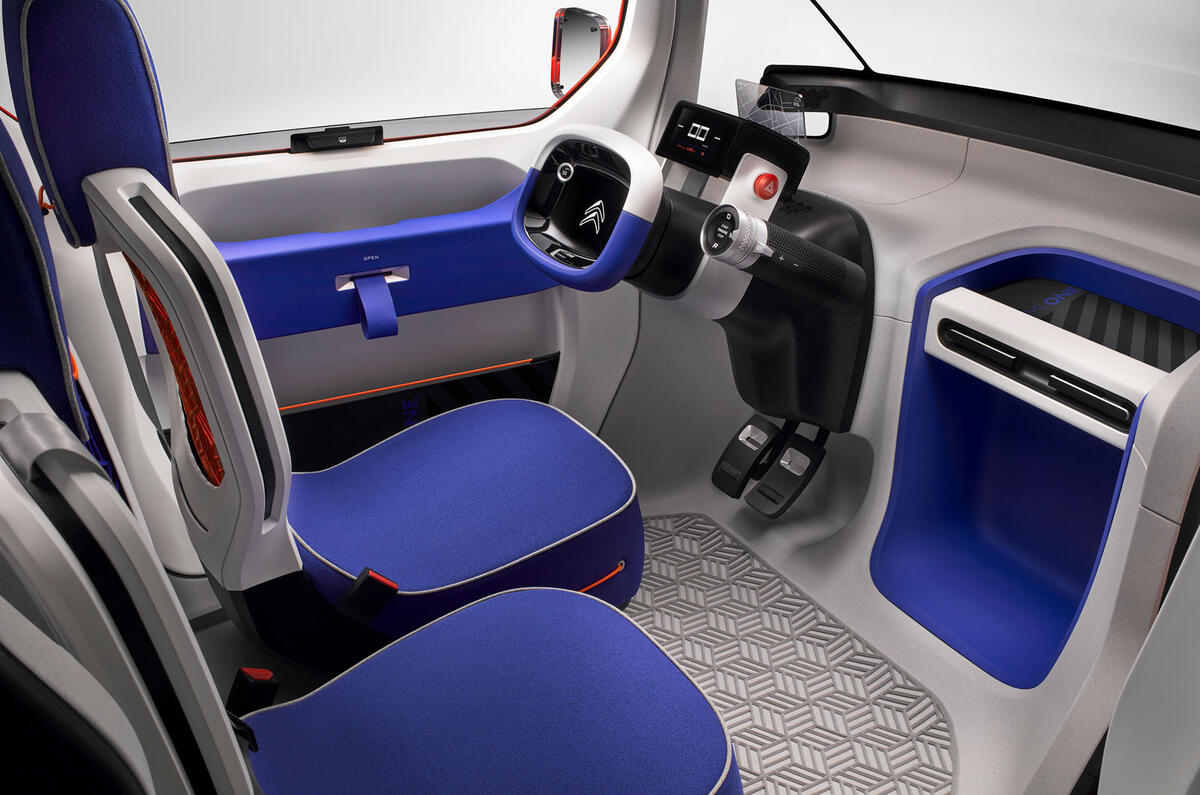
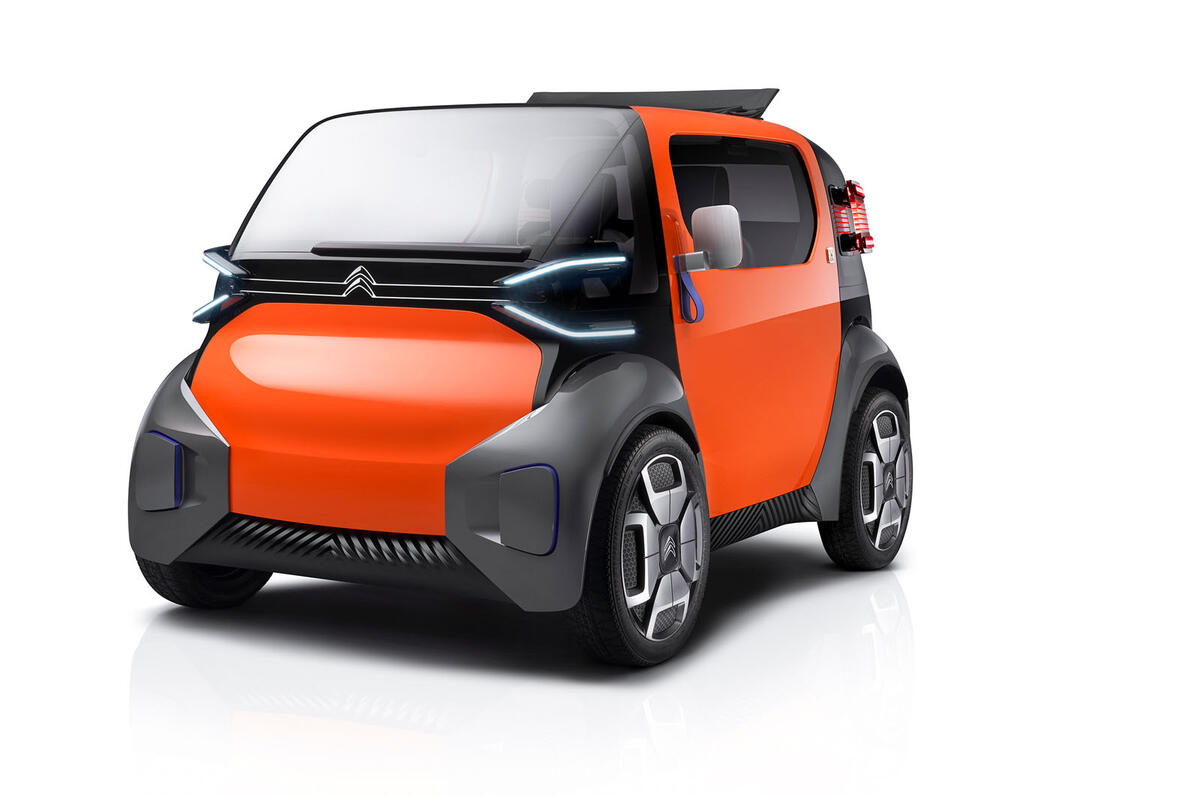
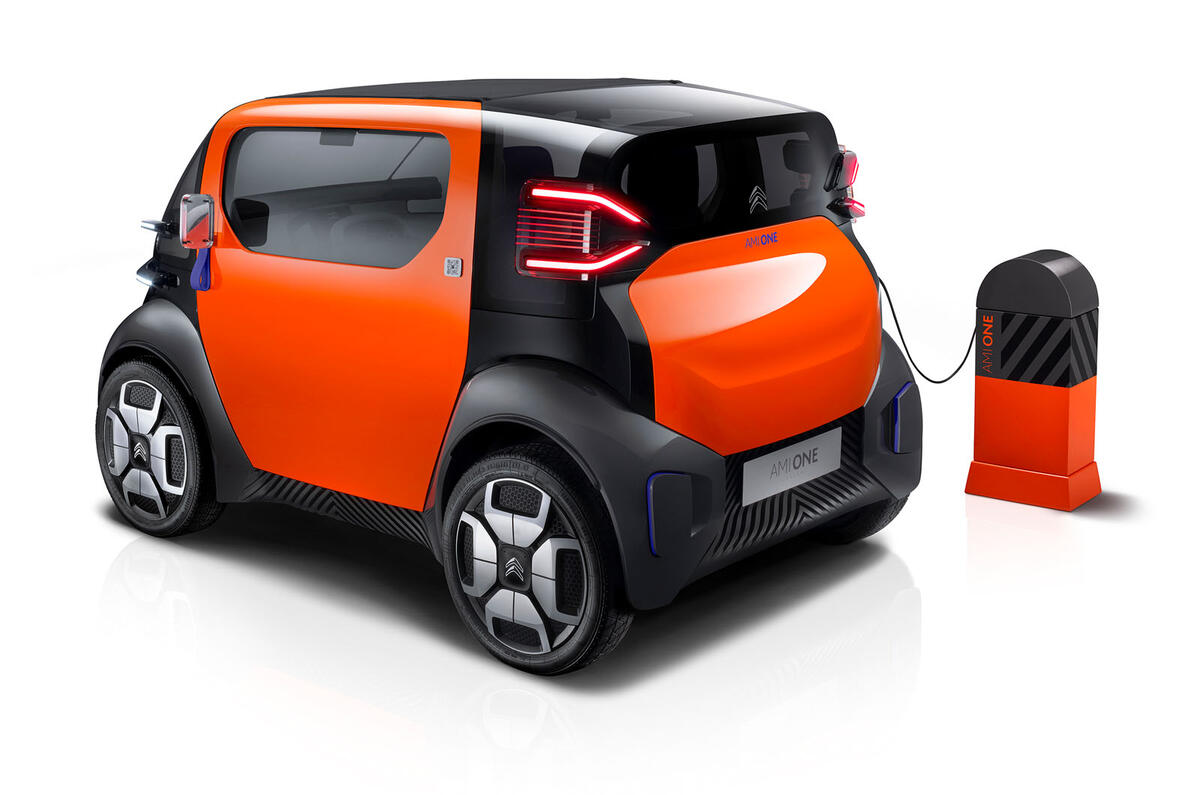
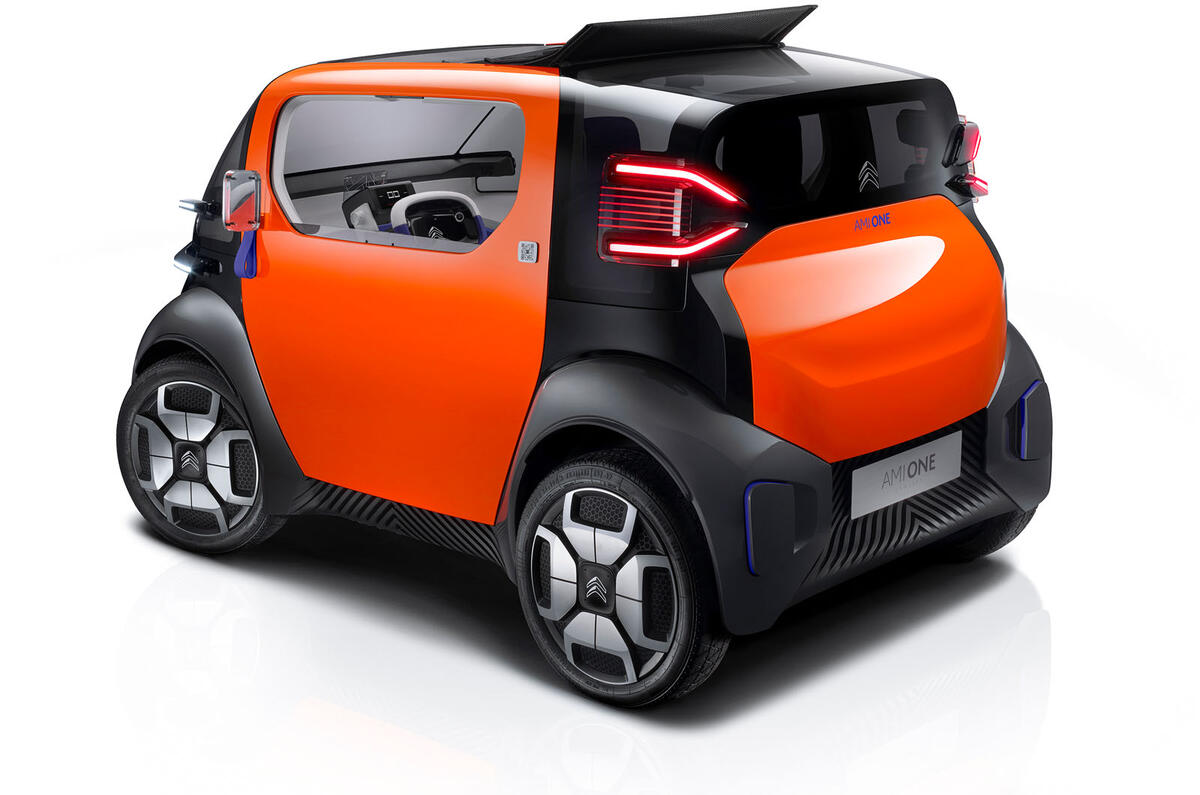
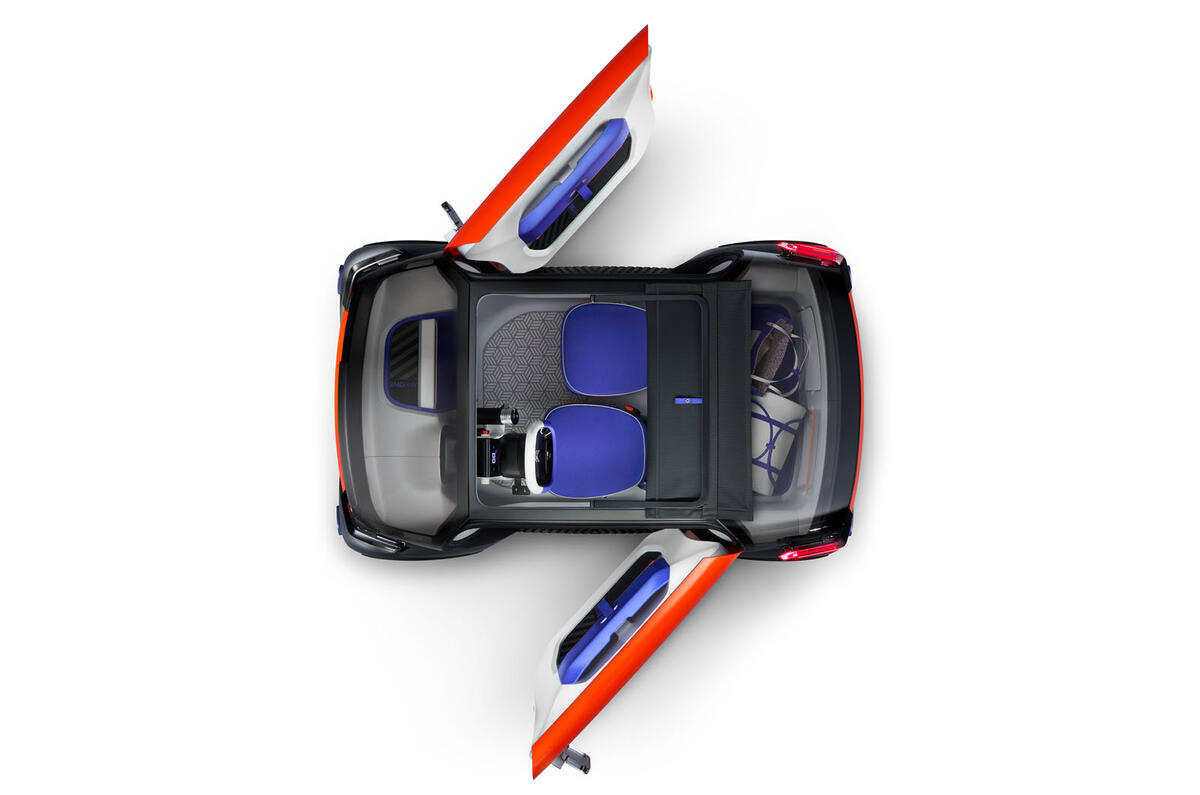
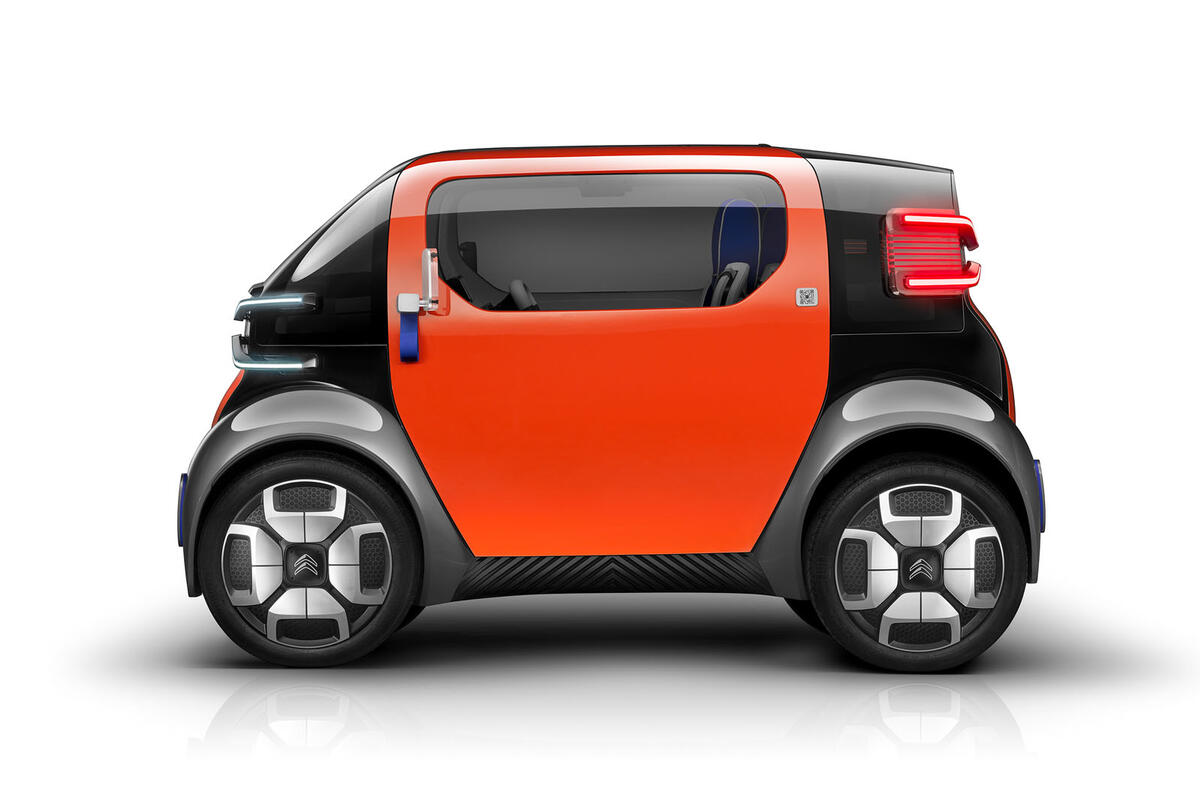
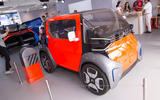
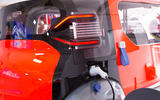
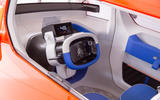
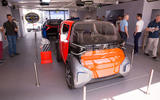
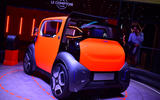
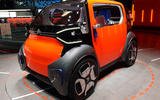
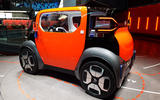


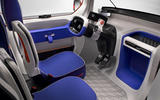
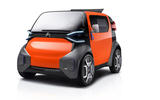
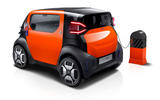
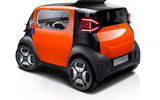
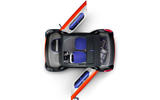


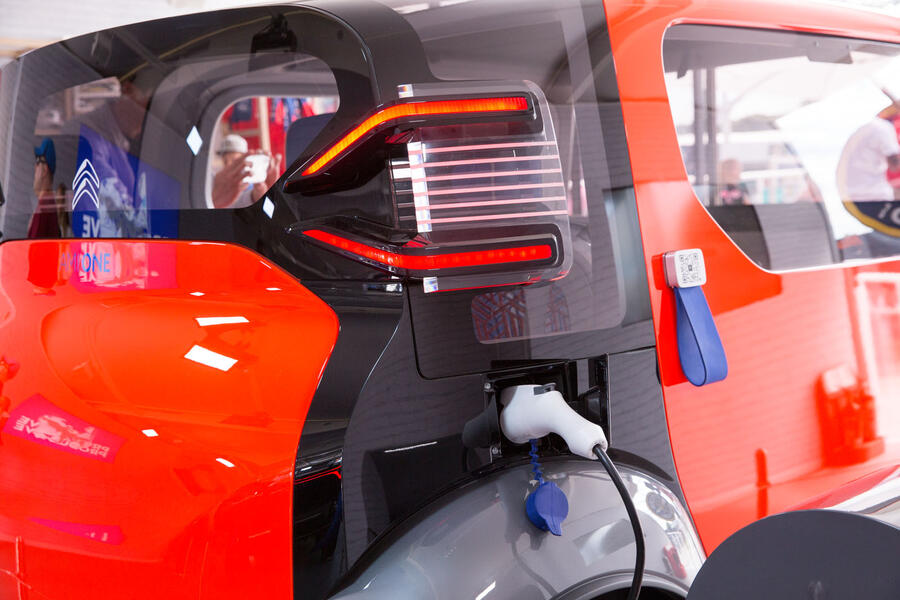




Join the debate
Add your comment
No good in the UK, where the
No good in the UK, where the concept of ownership is PCPing an Audi or a Qashqai.
@Bob
i suspect the bit you're looking at and what Linda's talking about aren't the same; you're looking at the bumper/outer bit - which is indeed 2 pairs - but i think she means the inner bit, what you can't see because the wheel's in the way. I, for one, think the a city vehicle should have sliding doors so that you can actually open them in a confined space. I'd have also prefered it if they'd simply made an all-aluminium, electric, 2cv. Don't change anything. don't re-style it. nothing. just put the battery in the chassis, and that's it. Oh, and 28mph isn't enough, but i get that that's because of the license thing
I think it looks excellent!
I think it looks excellent! Kinda reminds me of Wall-e. Very adorable, and could be an interesting addition to the car landscape.